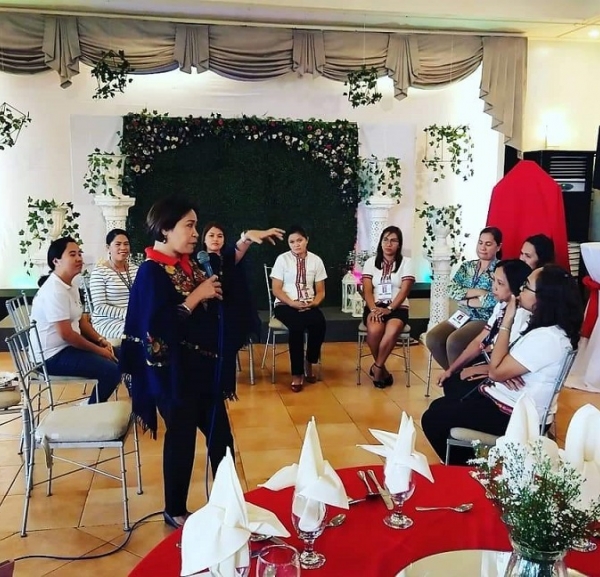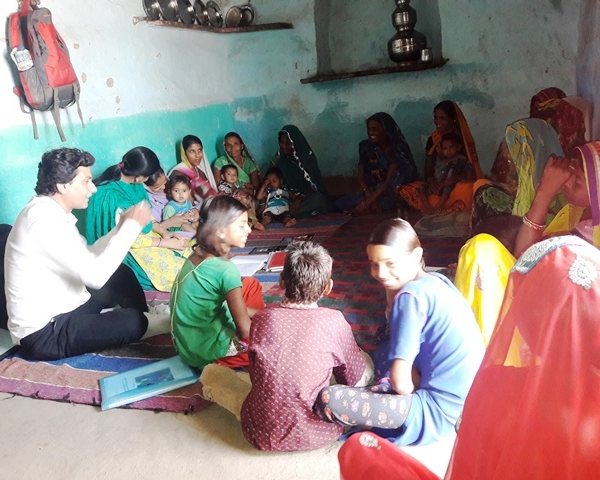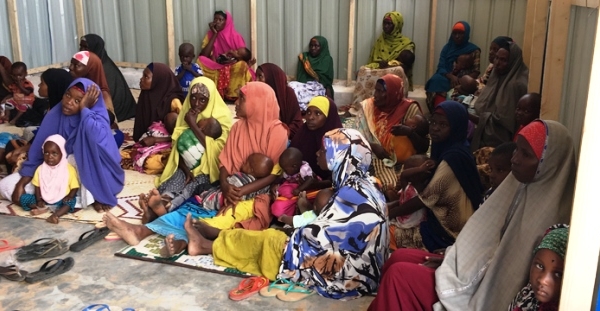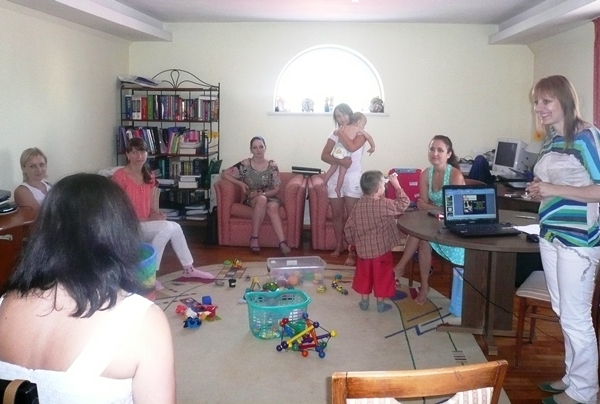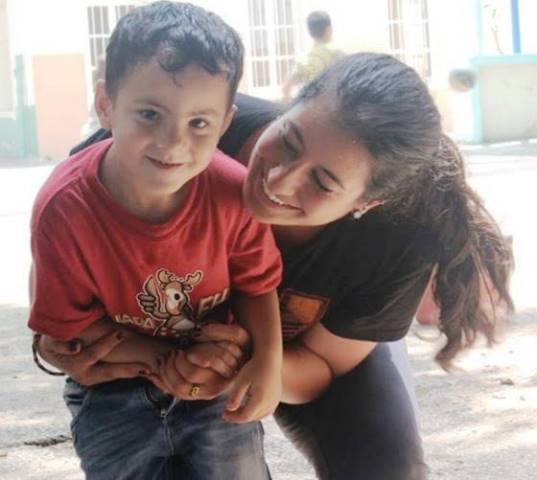Ten professionals are ready to receive their ICDP certificates having completed training at facilitator level.
Their training was carried out in the frame of an ongoing cooperation between the municipalities in Tapa and the Estonian Association of Central Norway. Six Estonians, two Russians and two Norwegians were trained by Grete Hyldmo and Hege Beate Sivertsen, two ICDP trainers from Trondheim, Norway. Grete Hyldmo explains:
“I am very proud and happy to inform that the six professionals working in the schools in Tapa, Estonia have qualified for certification as ICDP facilitators. They participated actively in two training workshops held in Norway, in October 2019 and in January 2020. After the workshops they carried out their practical tasks conscientiously. They attended six full days of training and spent one day visiting two kindergartens and a primary school. They also had three days off for sightseeing Trondheim and its surroundings.
In January one of the themes was about cultural sensitization, violence and sexual abuse with a focus on the difficulties in their own society. According to ICDP obligations to the UN politics on the matters of sexual abuse and violence, they will arrange a day about these topics in Tapa, by a well-qualified, Estonian lecturer who knows the national legislations on these matters.
At the January workshop each participant presented a video of their own practice with children and analyzed it using the 8 guidelines of the ICDP programme. This was followed by their practical work in rolling out the programme to parent groups, which was successfully completed just before lock down in March. We visited them while they were still applying ICDP with groups of parents; we gathered the whole group in Tapa, for a day of support and reflections in the middle of February. In March, because of the corona virus pandemic, the second support session was held digitally and it was done together with our interpreter by talking to each person individually. To complete their training all participants wrote solid reports that contained reflections on their own practical work with parents, including descriptions of the use of exercises and their own application of the 7 principles of sensitization.
During the last week of August 2020, Tapa municipalities arranged an ICDP day for all the teachers. Many of the teachers had earlier participated as parents themselves in the ICDP parent groups that were conducted by trainee facilitators during the winter months and had thus been introduced to the ICDP programme. As a result of this good strategy quite a few teachers from different schools in Tapa now understand the ICDP programme from personal experience of attending parent groups.
The ICDP facilitators look forward to receiving their certification at a graduation ceremony in Tapa. The director of Education in Tapa, Anne Roos, participated in the training and will also become an ICDP certified facilitator.
The Tapa city council adopted the project and was kept informed all the way. The interpreter, Piret Purdelo Tomingas has not only helped with translations but has also had a central role in the project preparations and execution and the whole team has already started working on a new application for another training programme. I think they really have a unique possibility to make a difference in Tapa.”


